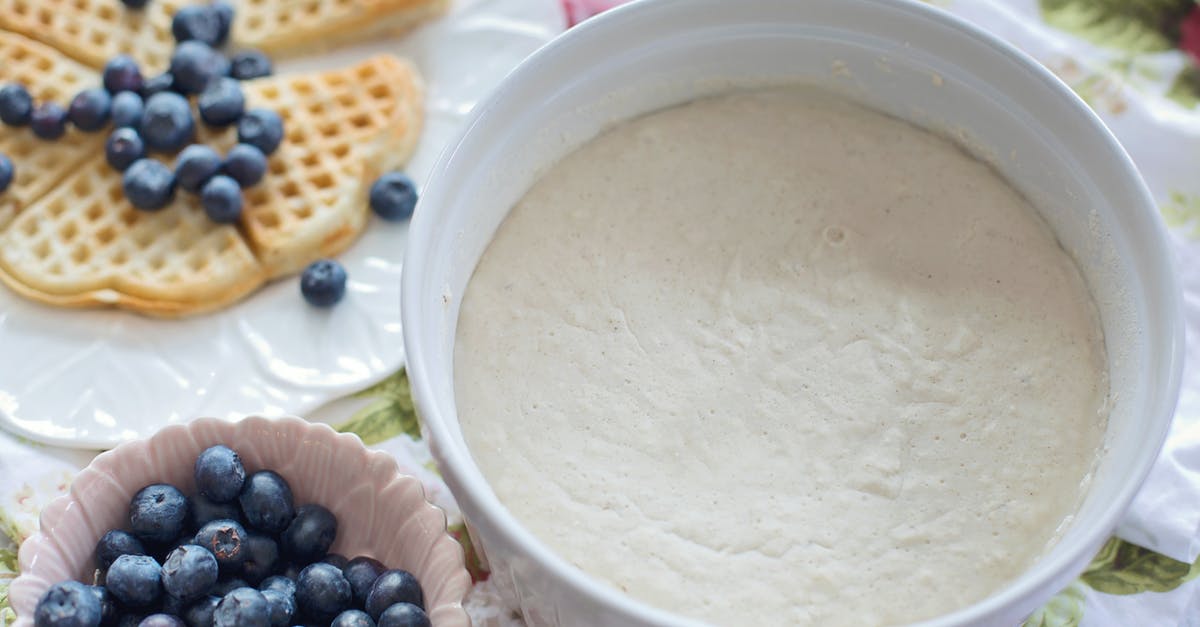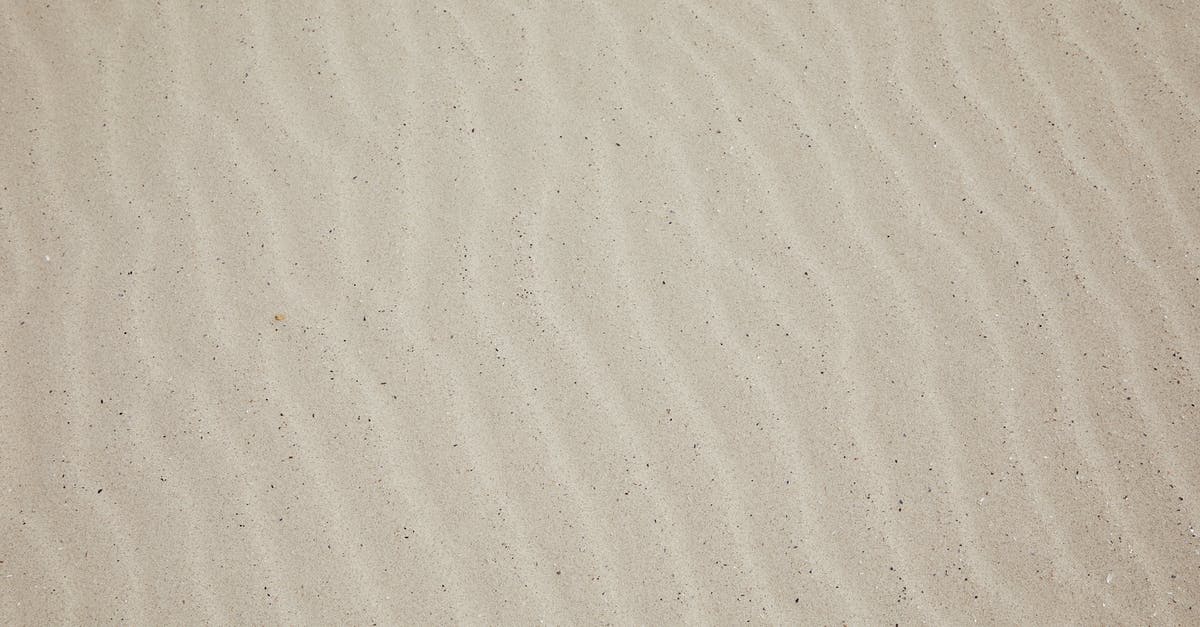Can a sourdough starter be kept alive if you live in a dry climate?

I have recently moved to Colorado and now I live in a dry climate at about 5,000 ft (the western slope). I had a starter in Sacramento CA with me for years, but I'm told that it is too dry here to keep the starter alive. Is that true? My fridge sure is humid and I would think that would be fine. Anyone have any advice? Thanks!
Best Answer
I moved from Monterey CA to Bullhead City AZ, a very arid climate. I brought my starter with me. The biggest change I had to make was using cling wrap and a rubber band around the jar. I didn’t do that in the beginning and I always had a dry skin across the top. This fixed my issue. My bread is just as great as before. I did also need to hydrate the dough a bit more. Otherwise it has been a success for me.
Pictures about "Can a sourdough starter be kept alive if you live in a dry climate?"



How Much Neglect Can a Sourdough Starter Take? Is My Starter Dead?
More answers regarding can a sourdough starter be kept alive if you live in a dry climate?
Answer 2
if things can rot in colorado, you can keep a sourdough starter alive in colorado. Just make sure you to keep an eye on the moisture content and maybe use a larger ratio of water to flour when feeding.
Answer 3
There will be no problems with keeping it alive, however, it will likely change over time. The local diversity of microbes will be significantly different than where you used to live, and some new bugs will get in and take hold, likely pushing others out. Also, if the humidity affects the overall hydration (water/flour ratio) of your starter, you will see selection pressure on a different subset of microbes. I believe that a dryer starter will favor acetic acid bacteria while wet starters favor lactic acid bacteria.
Answer 4
I agree that you should have no problems. As an alternate approach, if you were interested in longer terms storage of your starter, it could be dried. You can dehydrate a sourdough starter, seal it in a jar in an air-tight situation, and store it in the pantry for months. Point being, while I am suggesting a state of dormancy, dry is not really a problem.
Sources: Stack Exchange - This article follows the attribution requirements of Stack Exchange and is licensed under CC BY-SA 3.0.
Images: Jill Wellington, Pixabay, Sharad Bhat, Laker
